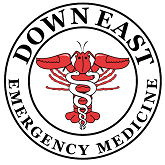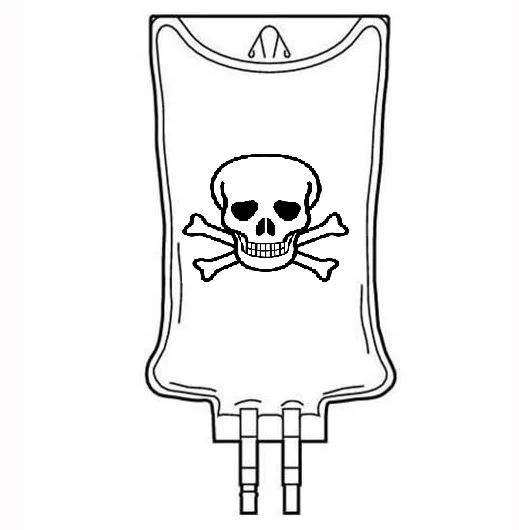Coding in the Community
/Coding patients in the community setting is difficult given constraints of man power, specialists, equipment, and other resources. Knowing how to code a patient well in the community is a skill all EM practitioners should master. In this post we review the priorities and pitfalls of coding in the community, with our guest Salim Rezaie.
Read More


















